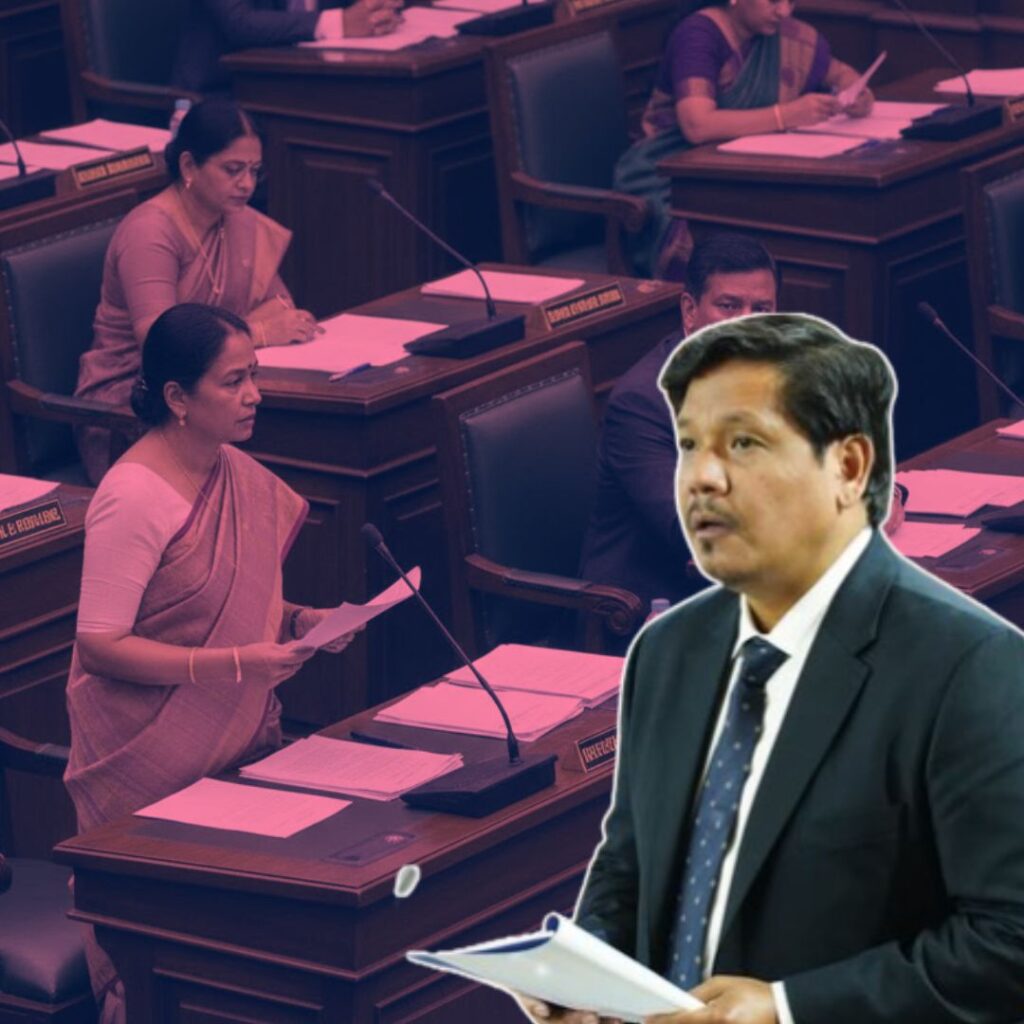The Northeast Frontier Railway (NFR) is undertaking a pioneering project to transform Guwahati railway station into India’s first fully plastic-recyclable hub, aiming for completion by Independence Day 2025. This initiative, carried out in close cooperation with IIT-Guwahati, the Assam Pollution Control Board (APCB), and the PCBA-approved recycling agency M/s Kusum Udyog, focuses on drastically reducing plastic pollution at the station.
Under this plan, plastic waste generated daily will be collected, shredded, washed, segregated, and processed for recycling to cut down on landfill disposal. Complementary public awareness campaigns led by NFR Scouts and Guides—including placard displays and drama performances—seek to educate passengers and foster sustainable habits.
Comprehensive Plastic Waste Management and Scientific Collaboration
NFR’s Chief Public Relations Officer, Kapinjal Kishore Sharma, detailed how the project began with a thorough review of existing waste disposal processes at Guwahati station. Being a major junction in Northeast India, Guwahati railway station sees a large daily influx of passengers, generating an estimated 150 to 200 kilograms of plastic waste daily, much of which previously ended up in landfills managed by the Guwahati Municipal Corporation.
To address this, NFR collaborated with IIT-Guwahati experts who brought scientific rigour to the planning process, while the Assam Pollution Control Board ensured regulatory guidelines were met. Together, this multi-stakeholder team identified hotspots of plastic usage and waste generation to tailor the intervention effectively.
The process being implemented involves meticulous segregation and cleaning of plastics before recycling, reducing environmental contamination and promoting circular waste management. Additionally, organic waste is processed via Effluent and Sewage Treatment Plants turning it into compost, demonstrating an integrated waste management approach.
Building on National and Local Sustainability Efforts
This initiative reflects Indian Railways’ wider commitment to environmental sustainability, following mandates to disallow single-use plastics and promote eco-friendly infrastructure across stations nationwide. Guwahati was chosen as a pilot site, given its significance as a high-traffic transport hub for the Northeast region. Encouraged by this project’s success, five other stations under the NFR network have been earmarked for similar sustainable transformations.
Beyond technological interventions, NFR recognises the importance of social engagement; hence, Scouts and Guides conduct performances and awareness drives to actively involve the public in reducing plastic usage. This combined approach — technical solutions paired with behavioural change — aims to create a long-term culture of sustainability and responsible consumption among commuters and staff alike.
The Logical Indian’s Perspective
NFR’s ambitious project is a commendable example of how infrastructural development can align with proactive environmental stewardship through meaningful partnerships between scientific, governmental, and community organisations.
At The Logical Indian, we applaud such forward-looking initiatives that integrate innovation, regulation, and public participation to tackle pressing issues like plastic pollution. This model of a plastic-recyclable railway hub provides hope for a cleaner, greener future and offers a practical blueprint for other public spaces facing similar challenges.












